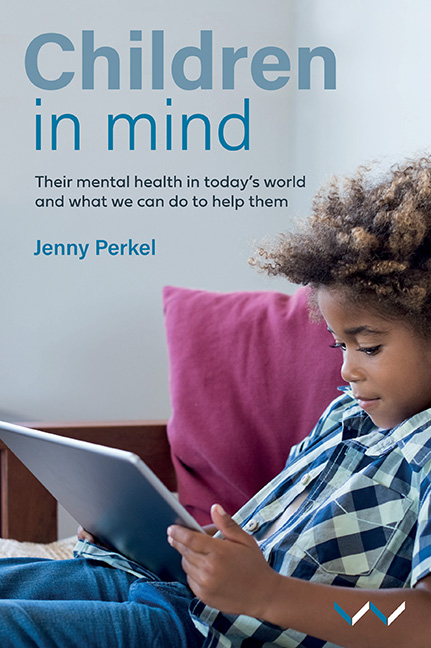7 - Childhood Adversity Today
Published online by Cambridge University Press: 26 May 2022
Summary
In the Introduction of this book, I refer to Steven Pinker's argument that today's children are better off than they used to be. This may hold true as a generalised trend, but not all environments are child friendly or safe. Some children today are severely, deeply and repeatedly traumatised. The impact of traumatic stress can last well beyond childhood, leading to possible learning problems, increased use of health and mental health services, increased involvement with the child welfare and juvenile justice systems, and long-term mental and physical health problems (including diabetes and heart disease). Childhood trauma is a risk factor for nearly all behavioural health and substance-use disorders.
The question really is, Which children today, born to which parents, living in what areas and under what particular circumstances, are better off? Adversity in childhood places a child at greater risk for psychopathology. According to two leading South African researchers and psychologists, Xanthe Hunt and Mark Tomlinson, children living in contexts marked by adversity are more likely to have negative developmental outcomes. These outcomes include internalising and externalising behaviours, mental health disorders, violence perpetration, delayed cognitive development, peer problems and compromised physical development. The web page of the Substance Abuse and Mental Health Services Administration (SAMHA), part of the US Department of Health and Human Services, states that more than two-thirds of children reported at least one traumatic event by age 16. SAMHA estimates that one in four high school students in the US has been in at least one physical fight, one in five high school students has been bullied at school and one in six has experienced cyberbullying. In addition, 19% of injured and 12% of physically ill youth have post-traumatic stress disorder (PTSD), and more than half of US families have been affected by some type of disaster. In 2015 the national average of child abuse and neglect victims in the US was 9.2 victims per 1 000 children.
In South Africa and various other places around the world, the picture is even more disturbing. The Optimus Foundation study of sexual victimisation of children in South Africa found that 35.4% of adolescents have experienced some form of sexual abuse at some point in their lives.
- Type
- Chapter
- Information
- Children in MindTheir Mental Health in Today's World and What We Can Do to Help Them, pp. 90 - 97Publisher: Wits University PressPrint publication year: 2022

